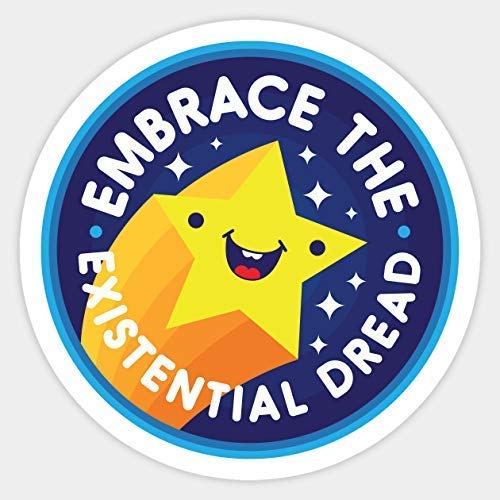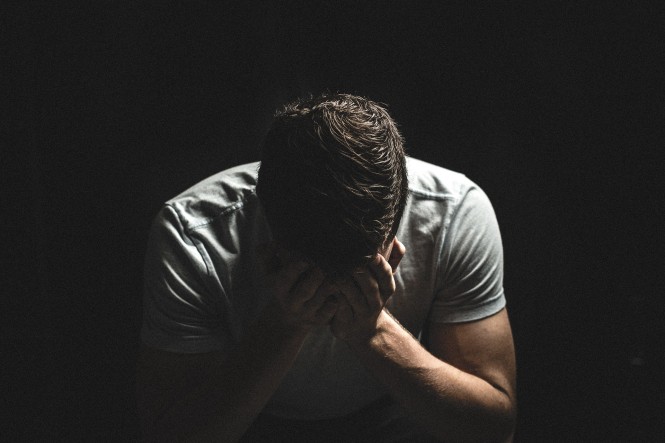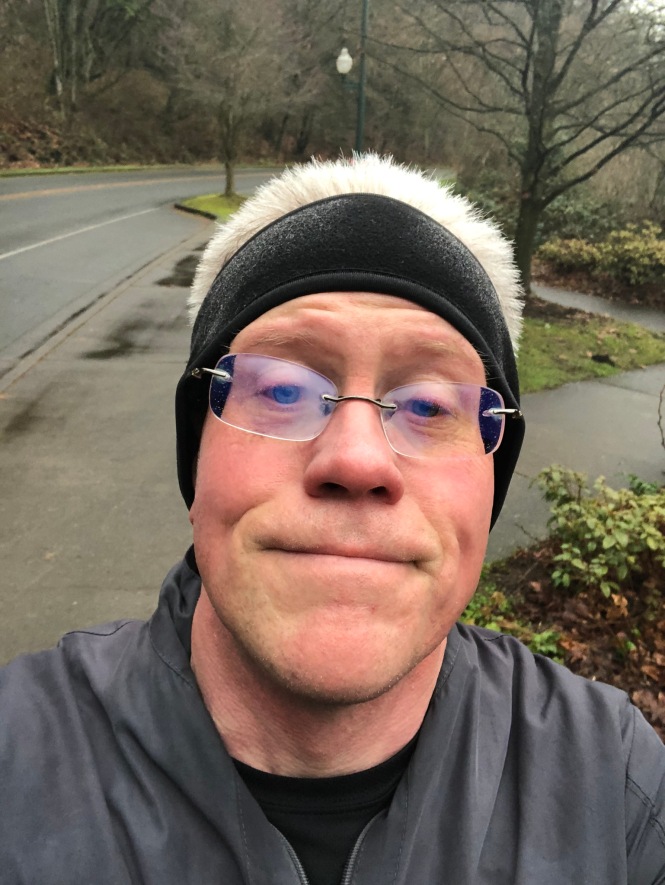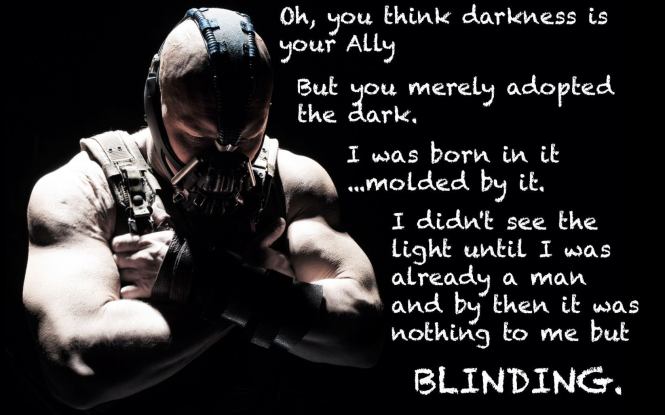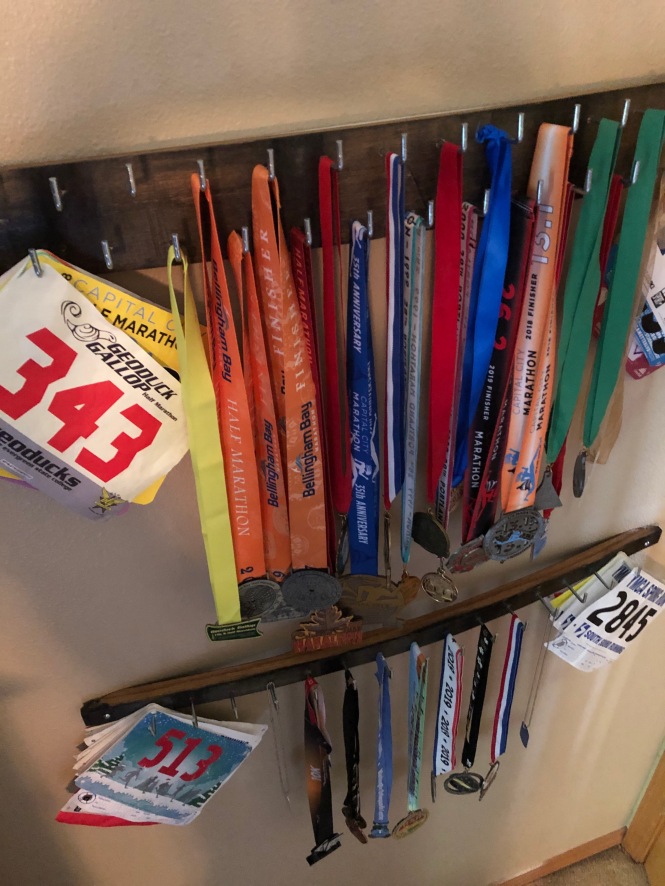
Captain Quint from Jaws is alive and well and offering fishing charters in Washington; you have been warned. I was looking for a reasonably priced salmon fishing charter, and the owner operator of Soggy Bottom Charters was all too eager to hook an unsuspecting fish. The Captain seemed like a fun guy—as many psychopaths do—and the price was right, so I signed up without checking references, which was my first mistake. As the date of the trip approached, the Captain called and texted with further, yet vague, details about the arrangements. He told me to bring a sleeping bag and pillow, which I should have recognized as a warning sign, but I was caught up in his promises of catching my limit of king salmon for three days, so I didn’t question it. Further, he informed me I was expected to provide dinner for “the three of us” on Saturday night. This was another clue that these would not be luxury accommodations, and the first indication I would be fishing with a stranger. Oh well, I thought, what’s the worst that could happen? I would learn the answer to that question over the course of three nights and three days fishing in the Strait of Juan de Fuca.
I arrived at the Soggy Bottom “resort” on Thursday night in Clallam Bay, Washington, and was introduced to my fishing partner, Randy, by the Captain. Randy seemed nice, but our accommodations were anything but. While the digital brochure had described the building as a “cute cabin,” that is only true if you think gulags are cute. The single-wide trailer sized structure appeared to have been built near the turn of the last century and condemned sometime in this one. The shingles were hanging by sheer force of will, as any nails had long since rusted away. Inside, the ceiling tiles sagged, there was a pungent smell of mildew, and the entire structure was leaning dangerously. The foundation on one side had sunk more than six inches, resulting in the two concrete steps leading up to the front door becoming a useless obstacle, as we had to take another two steps down to enter the house. Walking across the room in the terminally racked structure could induce motion sickness. There was a leak in the bathroom that meant wearing shoes was a requirement to pee, else your socks would be soaked with water and, presumably, urine. I never learned if the shower was functional, as it became clear that hygiene was not a priority for our captain, and we wallowed in our own stench for the entire trip. There was only one bed, which caused me some concern, given that there were three of us, and I was in no mood to get that close and personal with my companions. The Captain said someone could sleep in his camper trailer parked outside, and Randy volunteered to sleep in the house. That meant I would be bedding down with our bearded, Hawaiian-shirt wearing fishing guide. I had arrived late in the evening, so we headed to bed in short order. That night I learned that while the Captain may be a great fisherman, he was not good at sleeping quietly. Fortunately, I had packed earplugs, which helped keep the sounds of his snoring at bay.
On the first day of fishing, we were rousted from our less than deep sleep by the Captain at 4 a.m. He had failed to secure moorage in advance, so we had to head out before the crack of dawn to line up at the boat launch. Somehow his failure to plan ahead meant his guests had to forego rest. The red flags were accumulating. We trailered the twenty-two foot Bayliner Trophy boat to the nearby harbor, and by 5:30, we were in the water, motoring to what we were assured would be a great fishing spot. Famous last words.
The waters were filled with other boats, which suggested to me that while there may be fish, there was serious competition for any salmon lurking in these depths. The Captain dutifully prepared the fishing gear, quickly pressing my fellow traveler, Randy, into service. Randy indicated having some experience on the water, so the Captain decided to make him a deck hand. He must have decided I had little to offer, so I was relegated to standing out of the way and occasionally steering the boat while the Captain set the gear. Unfortunately, my directional efforts only induced criticism. The Captain would order me to turn left or right, and when I did, he would derisively shout, “Too sharp!” If I tried to keep my steering more subtle and nuanced, he would grab the wheel, turn sharply, and offer a scolding glance. It was impossible to break the code of the boat’s steering mechanism and equally impossible to satisfy Captain Ahab, and I decided he must take some pleasure in setting me up for failure. While Randy was adept at getting fishing lines in the water, he had no more success in the steering department. By the second day, Randy was so discombobulated by the Captain’s critique of his steering abilities, he managed to drive us into a tight figure-eight double loop while trying to hold a straight line. On that first day, we fished unsuccessfully for six hours, when our captain decided to call it a day. Keep in mind we started fishing at 5:30 a.m., so six hours of fishing meant we were done before noon. This was not living up to the promise of three full days of fishing. On a positive note, the Captain had stocked the refrigerator in our crumbling shack with beer, so that afternoon I was able to distract myself from the disappointing lack of successful fishing.
Day two was also set to start at 4 a.m. This time, instead of being barked awake by Captain Bligh, I was awoken by an annoying and persistent sound that was reminiscent of a roaring chainsaw. The din was relentless, and I was unable to sleep through it even with my earplugs. I checked my watch and discovered it was 4:15 a.m. I told the Captain, and he leapt from bed, yelling at me to get moving, as if it was my fault that he failed to set his alarm. As we scurried about the house preparing for the day’s adventure, we learned from Randy that there was no running water in the house. The noise we had heard was a city crew sawing into the street a block away to repair a broken water main. We could only hope the repairs would be complete by the time we got home that evening.
Once again, we were in the water by 5:30 a.m., and the Captain said we would be traveling twenty-eight miles to a spot based on information he received from a colleague. We were headed to the open ocean, which increased the likelihood of fish, so we were told, but also increased the likelihood of drowning in an unruly sea. Looking out across the water, I noticed the heavy fog obscuring our vision, which did nothing to alleviate my anxiety about maritime disasters. Of course, this was not a democracy. This was the Captain’s charter, and there would be no vote. Throwing caution to the wind, we headed out. Due to the fog, we had to travel carefully so as not to crash into any other boats. This meant Randy and I were pressed into service as fog-watchers. We were perched on either side of the boat staring into the fog as the Captain charged ahead. The salt spray misted my glasses, putting me in the precarious position of not being able to see, so any collision could arguably be considered my fault. I decided that was the Captain’s strategy to ensure he would be held blameless in any subsequent investigation. In addition to the vision problems, I had a difficult time standing upright as we plowed through the choppy water. It was like jumping on a pogo stick with a broken spring, and my back and legs took a beating for ninety minutes as we motored deeper into the fog towards the Pacific Ocean.
I had brought along a custom-built fishing rod that had been given to me as a birthday present by a friend when I turned eighteen years old. I had never put the rod to use in all the years since, so I thought this would be a wonderful opportunity. When I shared my story with the Captain, he took note of the quality of the rod and expressed skepticism about its origins. He couldn’t believe anyone would gift me with such an instrument, and he accused me of performing oral sex in exchange for the fishing pole. His vulgarity knew no bounds. I take some comfort in the fact that the only salmon we caught on the trip was with my rod.
I caught the fish as we moved from the mouth of the Strait into the open ocean. We spent a large chunk of the morning trolling the area, including a spot that featured tall rocks, populated by puffins and other seabirds, jutting up from the sea floor. The Captain had been advised by a colleague to steer “uncomfortably close to the rocks,” which caused me no end of concern about both the quality of the information he had been given and his willingness to follow directions that seemed designed sink us. I was beginning to worry about our Captain’s state of mind, as he put us in increasingly more perilous positions with little to show for it. I feared he was becoming more Queeg-like by the minute and might soon accuse me of stealing a quart of strawberries while nervously rolling steel ballbearings in his hand.
In the early afternoon, the Captain said he didn’t like the way the water looked, with swells and wind increasing and causing the boat to rock more uncomfortably. He decided to head back to the Strait, and we were off. The fog had lifted enough that we were not needed as lookouts, which was good, because it was all I could do to hold on as we endured the worst roller coaster ride ever. Again and again, the boat would rise up with a mountainous swell of water only to be dropped like a rock at the crest of each wave. At one point, I was gripping so tightly I lifted one of the seats out of the floor of the boat and dropped it on the deck where it flopped around like a halibut creating a new hazard for us. The Captain soon got the seat back on its post, and we were underway again. Halfway back to the Strait, an alarm sounded and the Captain stopped the motor, cursing loudly. It was a low oil alarm, which did not bode well for our survival. Fortunately, the Captain had spare oil, and we were soon back in action. He casually mentioned that these were the roughest seas he had ever navigated. I concurred, but I was unsettled that our skipper would put us in such mortal danger. I was no longer concerned about catching fish. I just wanted to make it to shore.
By mid-afternoon, we had made our way back to the marina not too much the worse for wear but encumbered only with one salmon and one rockfish; a paltry take for such a brutal day on the water. After returning to our “cute cabin”, the Captain retreated to the camper for a nap, but not before instructing us to drive to the nearby gas station to put forty gallons of gas in the boat. Of course, he neglected to give us any money, so we paid for it out of pocket. Randy and I decided it wasn’t worth arguing, as we we had one more night and day with our mercurial captain. That evening, while the Captain napped, Randy and I huddled by the fire we built in the rusted out pit sitting in the grass behind the house. We shared a joint and reflected on how we began this journey as strangers but were now brothers in our suffering under the tyrannical rule of the Captain. Perhaps tomorrow would be a better day, we thought, with fair skies, calm seas, and a boat full of fish.
On the final morning, the captain woke me up at 4 to announce, “It’s pea soup fog. I just can’t do it.” With those words, he rolled over to fall back asleep, and my fishing trip was at an end. I went to the house to let Randy know he could sleep in, and I returned to my sleeping bag to try to find some solace in the dark morning.
Later that morning, as we packed up and prepared to leave, just when I thought my fishing nightmare was over, the Captain claimed a portion of my fish. He said, “Just enough to feed my family,” but I failed to understand why I was obligated to provide for his brood. Then again, judging by his ability to catch fish, I realized without me, his family might starve. I also gave Randy a piece, as he deserved some reward for being unceremoniously pressed into service as a deckhand. If you’re interested in a fishing trip in Washington, I strongly suggest you steer clear of Soggy Bottom Charters.
IN TRUTH…While this “review” is based on fact, I have, of course, exaggerated for humorous effect. In truth, the Captain is a close friend, and his generosity and fishing acumen know no bounds. In fact, we caught a lot of fish, but most were too small to keep. Everybody gets skunked once in a while. While the fishing was less than perfect, there was other wildlife to keep us entertained, including otters doing the backstroke, puffins en masse, eagles, and a pelican or two. Most importantly, I was on the water, breathing in the salty air, and I was with friends. During these times of lockdown, it was magical to be outside in a different place with different people, and these were fun people. We laughed a lot, ate good food, drank good beer, and that’s all I could ask for. Thank you, Captain Dave and Randy, for a wonderful adventure. I enjoyed (almost) every minute.

